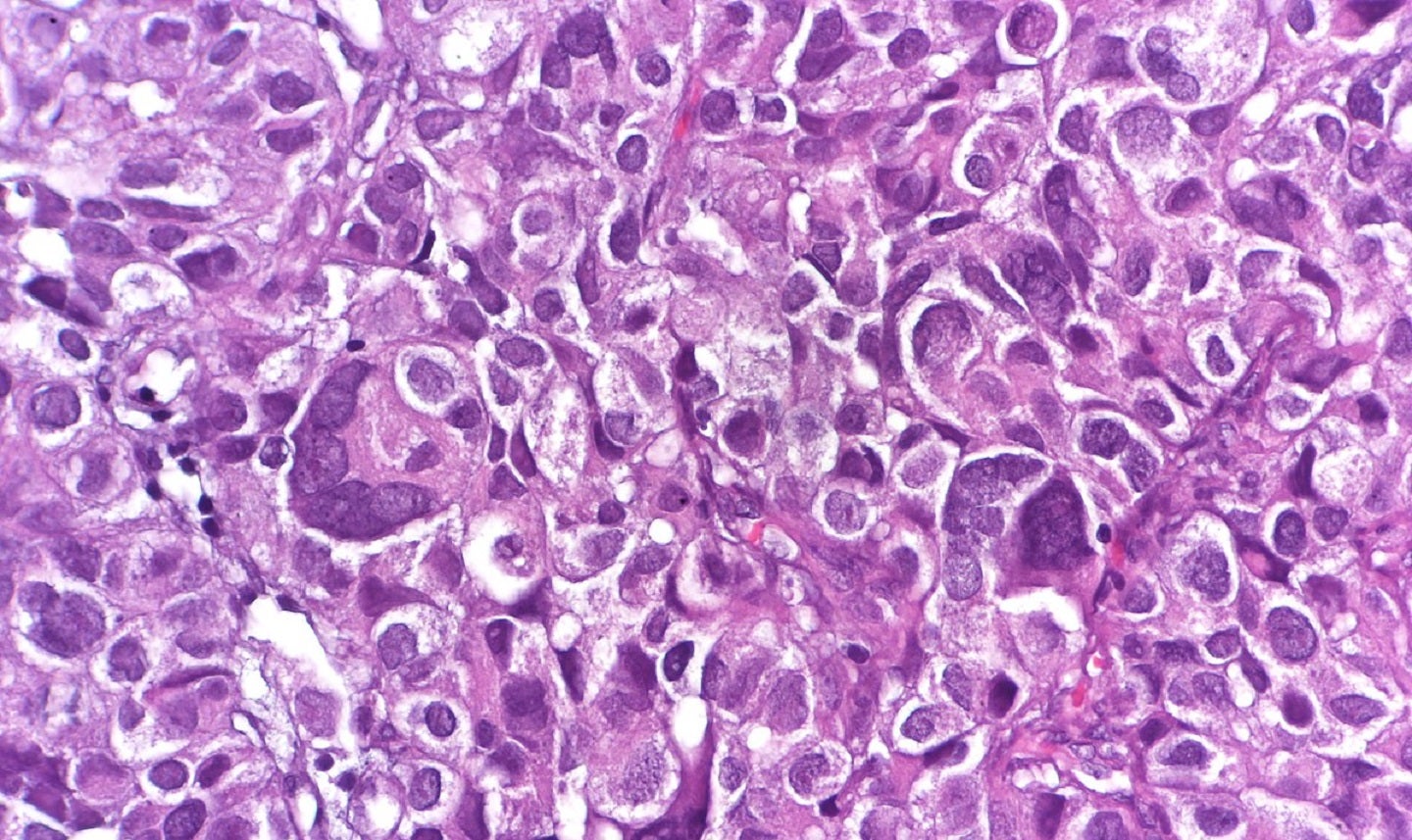
Immutep has received approval from the Paul-Ehrlich-Institut (PEI), German Federal Institute for Vaccines and Biomedicines, to start the INSIGHT-005 Phase I trial of eftilagimod alpha (efti) along with BAVENCIO (avelumab) for the treatment of metastatic urothelial carcinoma, the most common bladder cancer type.
Jointly funded with Merck, the investigator-initiated, open-label study will evaluate the safety and efficacy of the dual immuno-oncology (IO) combination therapy in around 30 patients.

Discover B2B Marketing That Performs
Combine business intelligence and editorial excellence to reach engaged professionals across 36 leading media platforms.
As a part of INSIGHT platform, the study will be conducted by the Institute of Clinical Cancer Research IKF at Krankenhaus Nordwest in Frankfurt, Germany.
It consists of five different arms from stratums A to E and is designed for the investigation of efti in different combination treatments and routes of administration.
Immutep CEO Marc Voigt said: “In addition to possibly bringing a new chemo-free treatment option to patients with advanced urothelial cancer, we hope to further build upon the encouraging clinical data we have seen to date combining efti and avelumab in other challenging cancers.
“Efti’s unique activation of antigen-presenting cells to fight cancer has shown a benefit with avelumab, and we believe this dual IO-IO approach has broad potential to drive superior clinical outcomes across a variety of indications, including bladder cancer where avelumab monotherapy has regulatory approval.”

US Tariffs are shifting - will you react or anticipate?
Don’t let policy changes catch you off guard. Stay proactive with real-time data and expert analysis.
By GlobalDataEarlier, the dual therapy was assessed in the INSIGHT-004 Phase I trial for the treatment of patients with advanced solid tumours.
The study showed deep and durable responses in patients with low or negative PD-L1 expression as well as immuno-oncology insensitive tumours.





